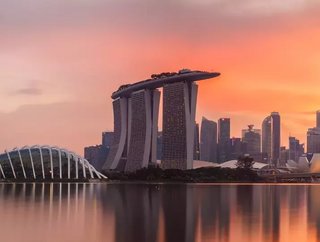Who is leading the smart city revolution?

Philips Lighting and SmartCitiesWorld have released a new report commenting on which cities are the most advanced in smart city transformation.
The report found Singapore to be the leader of the smart city revolution, followed by London and Barcelona.
The city-nation state of Singapore owns and controls the majority of its infrastructure, allowing for easier access to technology.
The city currently has a Smart Nation strategy which plans innovation that cannot be replicated anywhere else.
London has 3,000 parks and 30,000 allotments, with the total green space covering 47% of the city at 62,118 hectares.
Barcelona was awarded third place for it’s integrated of IoT, which ahs offered 47,000 jobs to locals.
SEE ALSO:
The city has also saved €42.5mn (US$52.5mn) through water use and annually generated €36.5mn ($45mn) through smart parking.
The firms polled 150 planning experts, which nominated 42 cities across the world.
Cities account for 70% of global energy consumption, and it is anticipated that by 2050 they will host an additional 2.5bn people.
“City authorities face complex and challenging choices concerning infrastructure, balancing the need to maintain existing services while investing in improvements, managing population growth and enhancing sustainability – all within tight budget constraints,” stated Jacques Letzelter, Segment Manager of Philips Lighting.
“New technologies can already transform the way cities deliver, operate and maintain public amenities, from lighting and transportation to connectivity and health services.”
“Often, however, adoption is slowed by the division of work and the selection of technology that doesn’t easily work together or integrate with other city services.”
- Tan Delta Technology Empowers the Sustainable Energy SectorRenewable Energy
- Debunking Silicon Carbide (SiC) Myths: The Real StoryTechnology & AI
- Terabase raises US$25m for energy project construction techTechnology & AI
- How can businesses reap the benefits of mobile technology?Technology & AI






